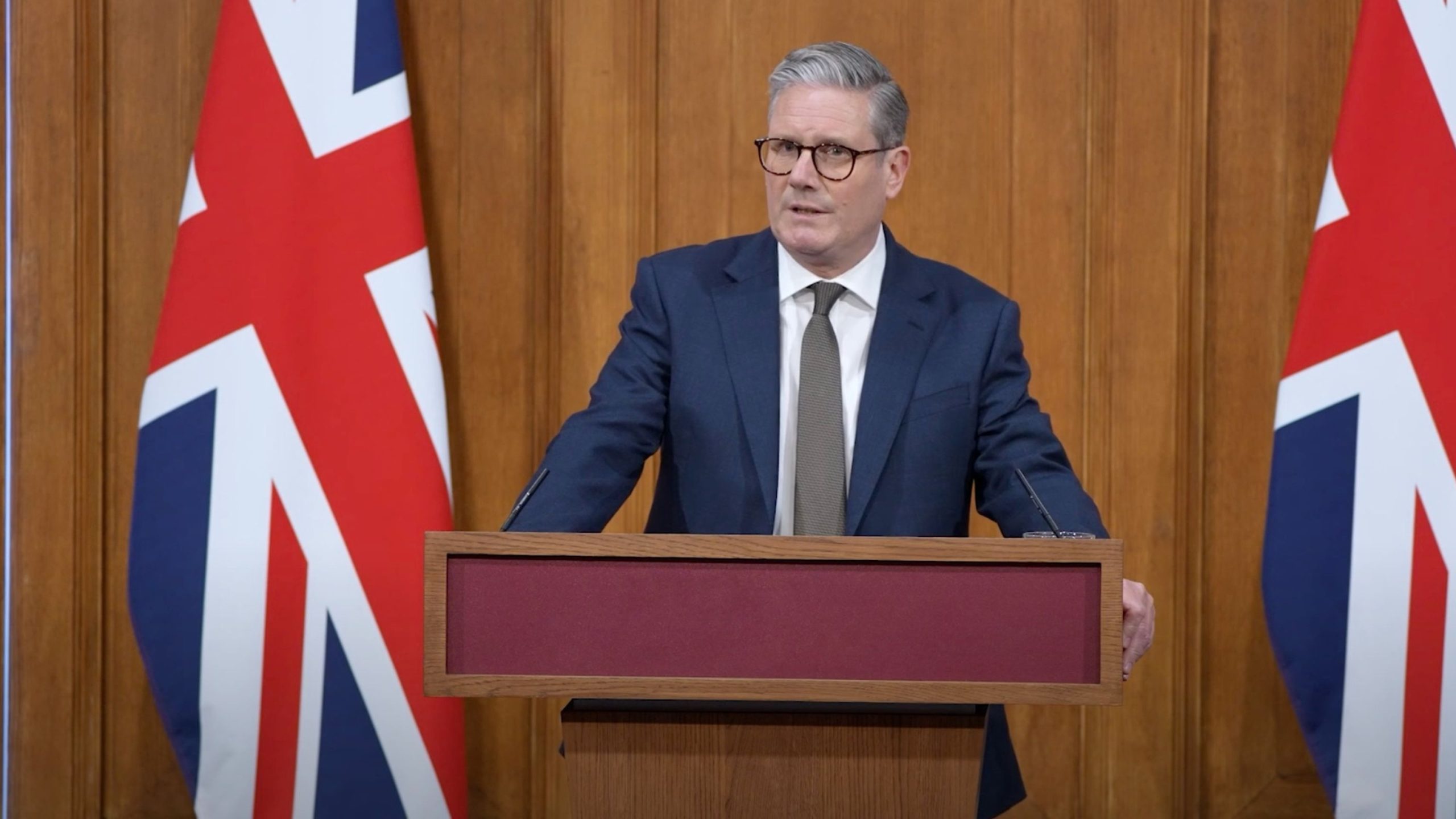British lawmakers are using the aftermath of last summer’s Southport riots to advocate for greater surveillance of online speech, pressing a narrative that blames social media “misinformation” for nationwide unrest.
A new report from the House of Commons Home Affairs Committee not only promotes sweeping online monitoring powers for law enforcement but also misrepresents and dismisses legitimate concerns about the unequal application of justice in the UK.
Following the tragic murders of Bebe King, Elsie Dot Stancombe, and Alice da Silva Aguiar, all children, during a Taylor Swift-themed dance class in Southport on July 29, protests and clashes erupted across the country.
Rather than scrutinizing the core grievances fueling public anger, the committee zeroed in on online speech. It called for a “new national system for policing” that would include enhanced capabilities to monitor and respond to social media activity, an alarming prospect for civil liberties.
More: UK PM Keir Starmer Uses Riots To Call For Mass Surveillance and Social Media Censorship
The report claims this would help police “develop the necessary capacity” to handle fast-moving online narratives, but offers little in the way of safeguards against overreach.
The committee also criticized the Crown Prosecution Service (CPS) for its handling of the information released in the wake of the murders. Conflicting guidance from prosecutors reportedly left Merseyside Police unable to disclose details about the suspect’s background, including his religion.
This lack of transparency, MPs argue, contributed to the spread of speculation and mistrust. “The inconsistent advice from the CPS over the publication of information about the suspect’s religion was particularly regrettable and hampered the police response,” the report states.
Committee chair Dame Karen Bradley remarked that “the criminal justice system will need to ensure its approach to communication is fit for the social media age,” indicating a push toward more tightly controlled narratives during high-profile incidents.
Still, perhaps the most revealing portion of the report is its attempt to sideline allegations of two-tier policing. Rather than acknowledging the broader body of concerns, including disproportionate sentencing for online speech or selective enforcement of laws, the report reframes the entire issue. It falsely narrows the definition of two-tier policing to claims that “those involved in disorder had been policed more strongly than previous protesters.”
This redefinition allows the report to reject two-tier policing without engaging with more substantial, provable disparities in the justice system. One such example ignored by the committee is the increasing number of individuals arrested or prosecuted for online posts, often receiving penalties more severe than those given to violent offenders.
More: Keir Starmer’s Censorship Playbook
Chief Constable BJ Harrington welcomed the report’s stance, stating that it “robustly disagrees with the notion of two-tier policing.” The Home Office likewise emphasized the need to clamp down on digital narratives, citing pressure on existing communications protocols. “Social media has put well-established principles around how we communicate after attacks like this under strain,” a spokesperson said. “We must be able to tackle misinformation head-on.”
The CPS, meanwhile, rejected claims that their guidance prohibited disclosure of killer Axel Rudakubana’s religion, insisting that Merseyside Police chose not to share the information and never revisited the matter. “The Media Protocol…played no part in this decision making,” a spokesperson said, while also confirming work was underway to update those guidelines.
While the state points fingers at public reaction and online discourse, there is little acknowledgment of the failures that sparked distrust in the first place. The growing appetite for censorship and surveillance, justified under the vague label of “misinformation,” should raise serious concerns about freedom of expression and the direction of public accountability in the UK.













